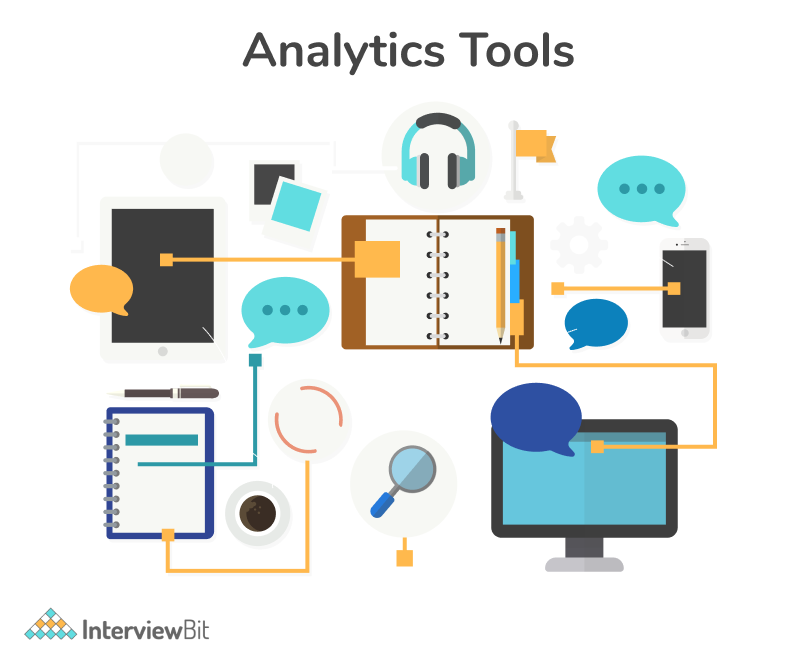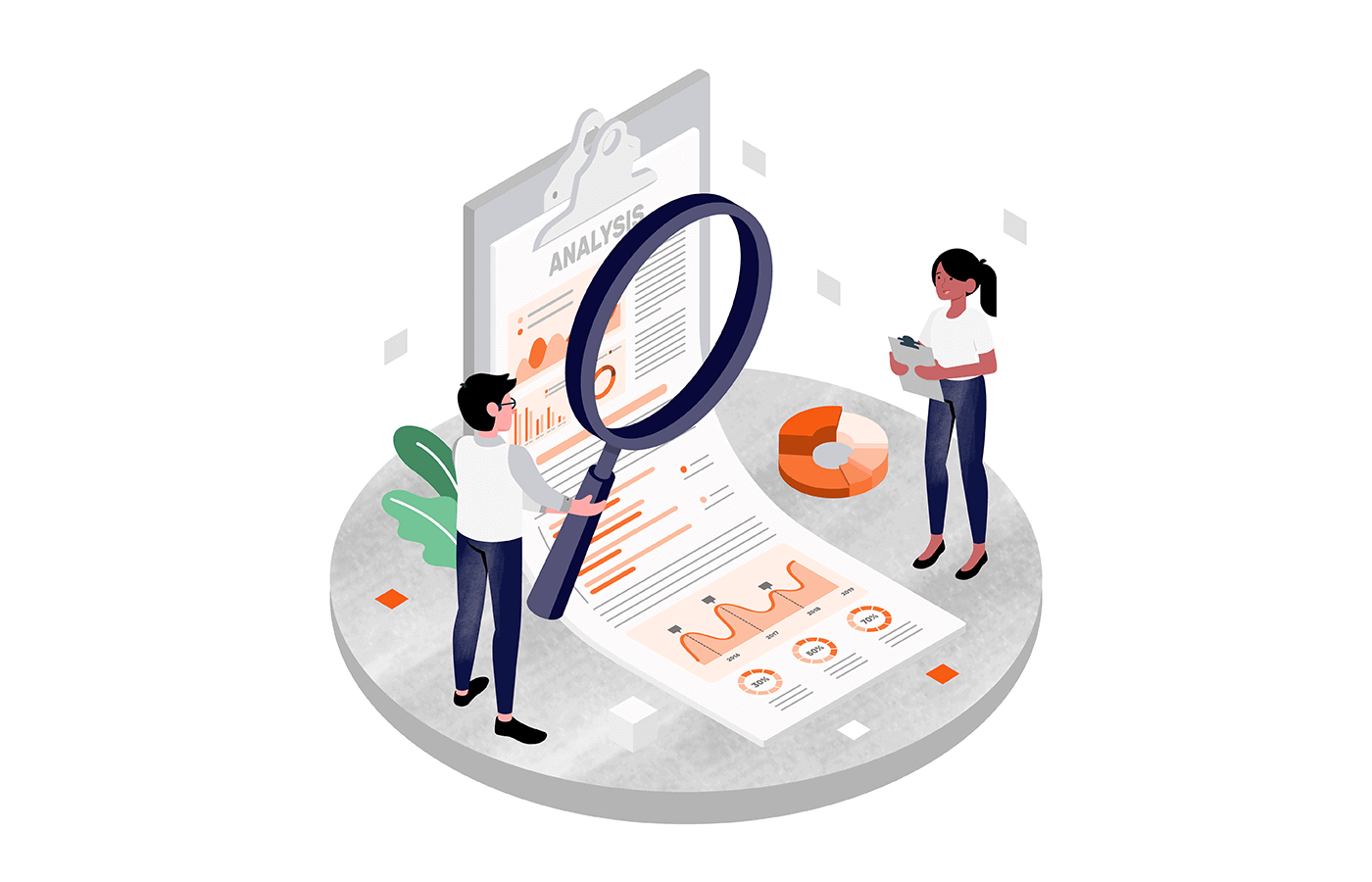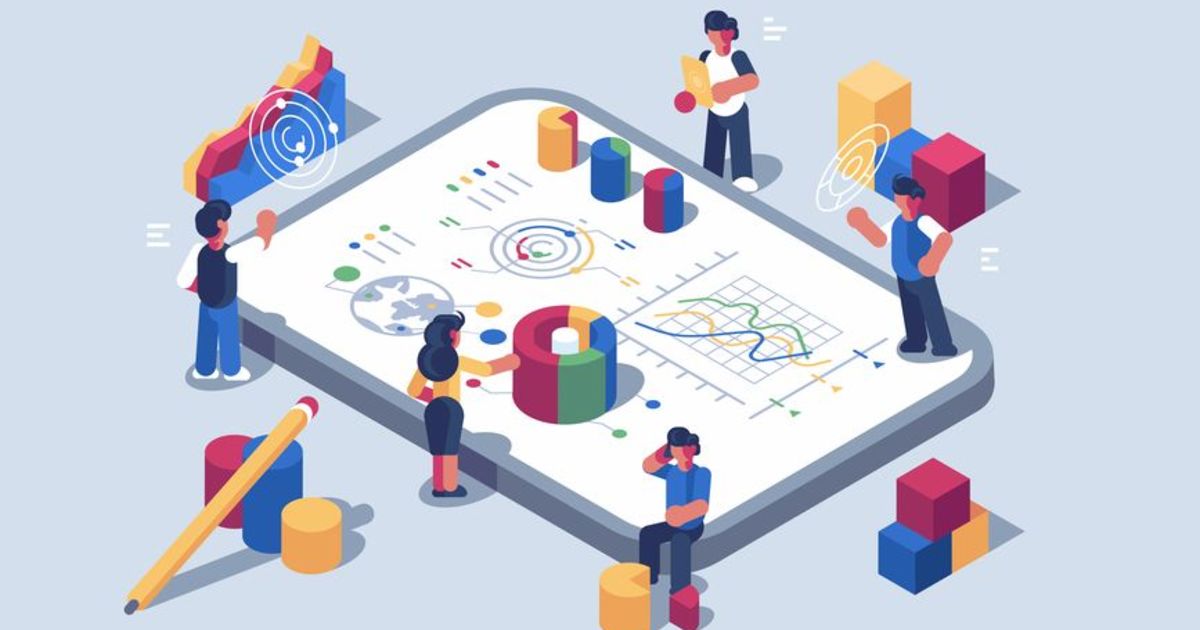Encourage Your Team with Actionable Insights from Analytics
Encourage Your Team with Actionable Insights from Analytics
Blog Article
Optimize Development: How Analytics Drive Better Techniques
In today's data-driven landscape, companies significantly identify the essential role of analytics in forming efficient development approaches. By using data understandings, services can refine their functional methods, expect market adjustments, and enhance client involvement. Nevertheless, the obstacle lies not only in accumulating information but in efficiently interpreting it to drive concrete outcomes. As we check out the crucial benefits and methods connected with analytics, a critical inquiry emerges: just how can companies guarantee they are leveraging these insights to unlock their full potential? The solution might redefine the future of tactical planning.
Recognizing Data Analytics
Information analytics is an organized computational analysis of data that enables organizations to discover significant patterns and understandings. This process incorporates a selection of strategies, including statistical analysis, anticipating modeling, and information mining, which jointly aim to transform raw data right into actionable details - Analytics. By using these approaches, companies can make educated choices that are rooted in empirical evidence rather than intuition alone
The foundation of information analytics lies in its capacity to take care of substantial amounts of info from diverse sources. This includes organized information, such as databases, and disorganized data, consisting of social media communications and consumer responses. Via using specialized software and devices, analysts can extract and refine this information effectively, determining trends and correlations that may not be promptly apparent.
Understanding information analytics additionally entails recognizing the relevance of information quality and honesty. Trusted and accurate data is important for purposeful evaluation; hence, organizations must carry out robust information administration practices. In addition, the iterative nature of analytics permits constant refinement and enhancement of approaches, making certain that organizations stay nimble despite changing market dynamics and consumer actions.
Secret Advantages of Analytics

Among the essential benefits of analytics is its capacity to supply actionable understandings. Organizations can promptly assess substantial amounts of data, discovering patterns that might not be quickly apparent. This helps in preparing for market shifts and adapting approaches accordingly. Additionally, analytics cultivates a culture of evidence-based decision-making, reducing dependence on instinct and guesswork.
One more significant advantage is improved customer understanding. Analytics devices enable organizations to segment their target market, track customer behavior, and customize advertising and marketing efforts. This targeted approach not only enhances client engagement but likewise drives greater conversion prices.

Implementing Analytics Methods
To fully realize the benefits of analytics, companies must take on organized strategies for application. This begins with clearly defining objectives that align with more comprehensive business objectives. By developing particular, measurable results, organizations can focus their analytics initiatives on locations that generate the highest roi.
Next, companies ought to prioritize data administration to guarantee the honesty and security of the data being examined. This involves this hyperlink establishing procedures for information collection, storage, and access while adhering to relevant laws. Ensuring high-grade data is essential for generating significant understandings.
In addition, fostering a society of data-driven decision-making is essential. This calls for training workers to translate analytics searchings for and encouraging collaboration across departments. They are much more most likely to incorporate insights right into their day-to-day procedures. when teams recognize the value of analytics.
Finally, organizations need to frequently assess and fine-tune their analytics approaches. The landscape of data and modern technology is consistently developing, and staying adaptable will certainly permit organizations to leverage new tools and approaches efficiently. By carrying out these organized approaches, companies can make the most of the impact of their analytics initiatives and drive sustainable development.
Devices for Efficient Evaluation
Effective evaluation relies on a selection of tools that facilitate the removal of insights from data - Analytics. These devices can range from straightforward spreadsheet applications to innovative equipment discovering platforms, each serving an unique purpose in the analytical process
Data visualization software application, such as Tableau and Power BI, plays an essential role in changing intricate datasets into easy to understand visual representations. These tools make it possible for analysts to determine fads and patterns promptly, permitting even more informed decision-making.
Statistical analysis software application, like R and SAS, provides innovative capacities for performing in-depth analyses, including regression, hypothesis screening, and predictive modeling - Analytics. These functions equip organizations to draw purposeful conclusions from their information, identifying potential possibilities and threats
Additionally, data source management systems such as SQL and NoSQL databases supply the necessary infrastructure for storing and inquiring huge quantities of information successfully. They ensure that data is arranged and accessible for analysis.
Lastly, company intelligence platforms integrate numerous data sources, supplying a comprehensive view of business efficiency. By making use of these devices successfully, services can improve their analytical capabilities, enabling them to develop strategies that make best use of development and boost overall efficiency.
Study of Success
Successful companies frequently utilize data analytics to drive impactful strategies, as confirmed by a number of noteworthy instance research studies. By using these insights, Netflix has successfully tailored its material recommendations, resulting in boosted user engagement and customer retention.

In addition, Starbucks employs information analytics to determine optimal store places and find out this here fine-tune its item offerings. By examining client demographics and acquiring patterns, Starbucks efficiently identifies high-potential markets and tailors its menu to local preferences, driving sales and customer loyalty.
These case studies illustrate that effective usage of data analytics can cause calculated benefits, promoting technology and development within companies throughout numerous markets.
Final Thought
In final thought, the integration of analytics right into organizational strategies dramatically enhances decision-making processes and fosters lasting growth. The reliable application of analytics devices even more supports dexterity and development, making it possible for organizations to browse competitive landscapes with greater accuracy.
Data analytics is an organized computational analysis of information that allows companies to reveal i was reading this significant patterns and understandings.Comprehending information analytics also entails recognizing the significance of information quality and honesty. Trustworthy and accurate data is vital for meaningful analysis; thus, organizations need to carry out durable data administration methods.Next, companies should prioritize information administration to ensure the integrity and security of the data being assessed.Effective organizations commonly utilize information analytics to drive impactful techniques, as confirmed by numerous notable case research studies.
Report this page